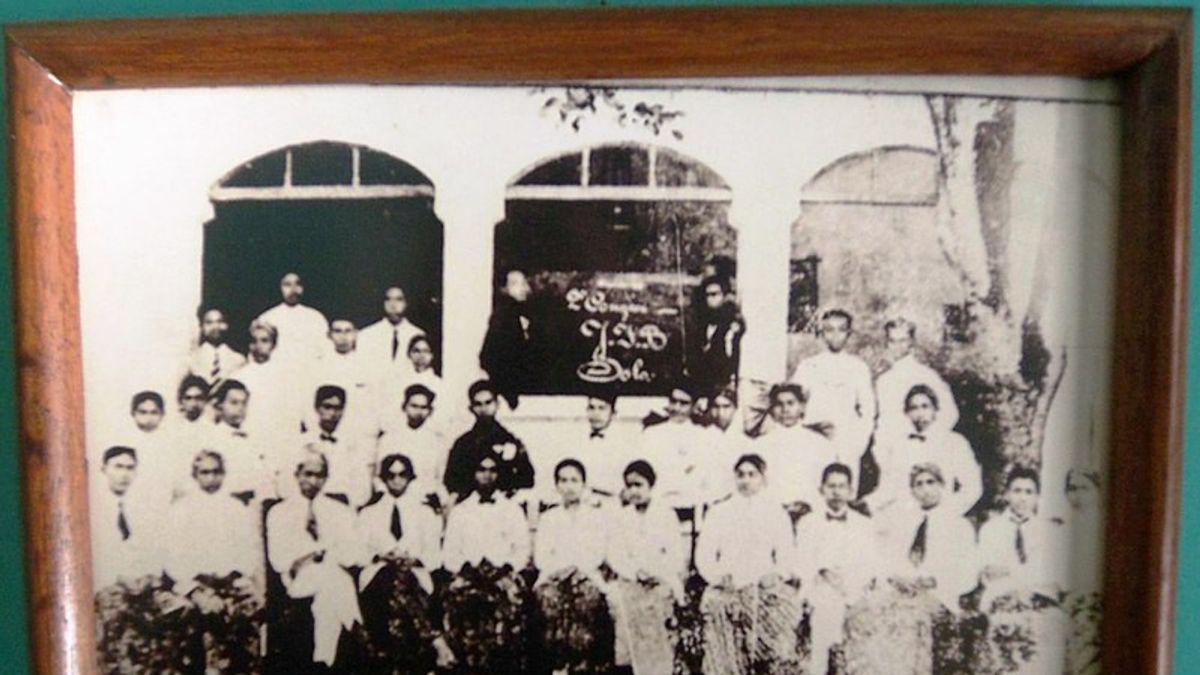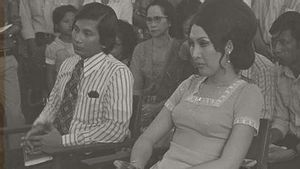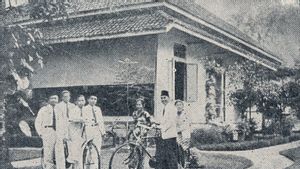JAKARTA - Today 93 years ago, or February 20, 1927, to be exact, the Jong Indonesia nationalist youth organization was officially established. Bandung is his hometown. They carry a noble mission. Jong Indonesia as a unifier of youth organizations in the Dutch East Indies.
The goal is also to strengthen the spirit of the Bumiputra to escape the shackles of colonialism. The movement is progressive. At its peak, they became one of the initiators of the Second Youth Congress which gave birth to the Youth Pledge.
Launching the page of the Youth Pledge Museum, Jong Indonesia by a group of educated bumiputras. Its founders included KRT Josodiningrat, Jusupadi, Suwadji, Mohammad Tamsil, Soebagio Reksodipuro, Assaat, Rusmali, Sunario, Sartono, Iskak, Budiarto, and Wirjono.

Those who are members of Jong Indonesia are students who have just finished their studies from abroad, especially in the Netherlands. This stance leads to their dissatisfaction with the emergence of various regional associations. The association is considered not to reflect the narrative of one homeland, one nation. Therefore, Jong Indonesia was born to unite the feelings of one nation.
Activities Jong Indonesia adopted many of the political activities of a student group in the Netherlands, the Indonesian Association (PI). Jong Indonesia has formed many study clubs (discussion clubs). The forum was Jong Indonesia's lesson to share knowledge related to the idea of nationalism to young people.
Not only that. Jong Indonesia's biggest agenda is that they participate in initiating the Second Youth Congress. It was also at the congress that the Bumiputras made the Youth Pledge: one homeland, one nation, and one language.
“The second Indonesian youth congress was held on October 26-28 in Jakarta. The delegates who came from various regions in Indonesia emphasized their sense of national unity by taking the oath on October 28, 1928, on the last day of the congress. That day was later known as Youth Pledge Day,” concluded G. Moedjanto in the book Indonesia of the 20th Century Volume 2 (1989).
SEE ALSO:
The English, Chinese, Japanese, Arabic, and French versions are automatically generated by the AI. So there may still be inaccuracies in translating, please always see Indonesian as our main language. (system supported by DigitalSiber.id)
















